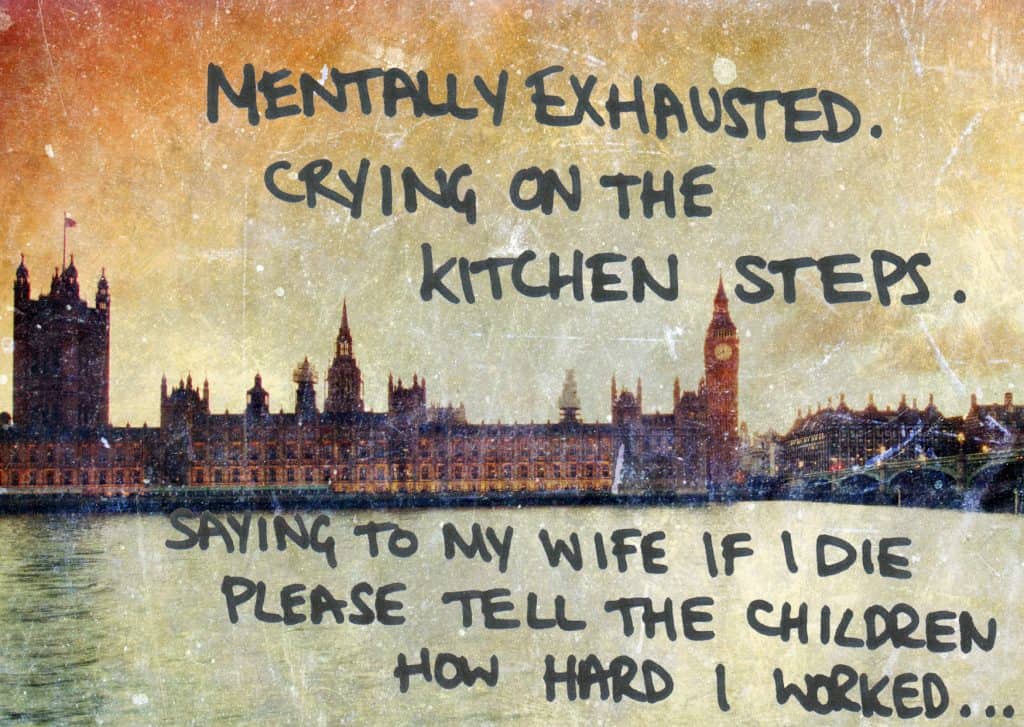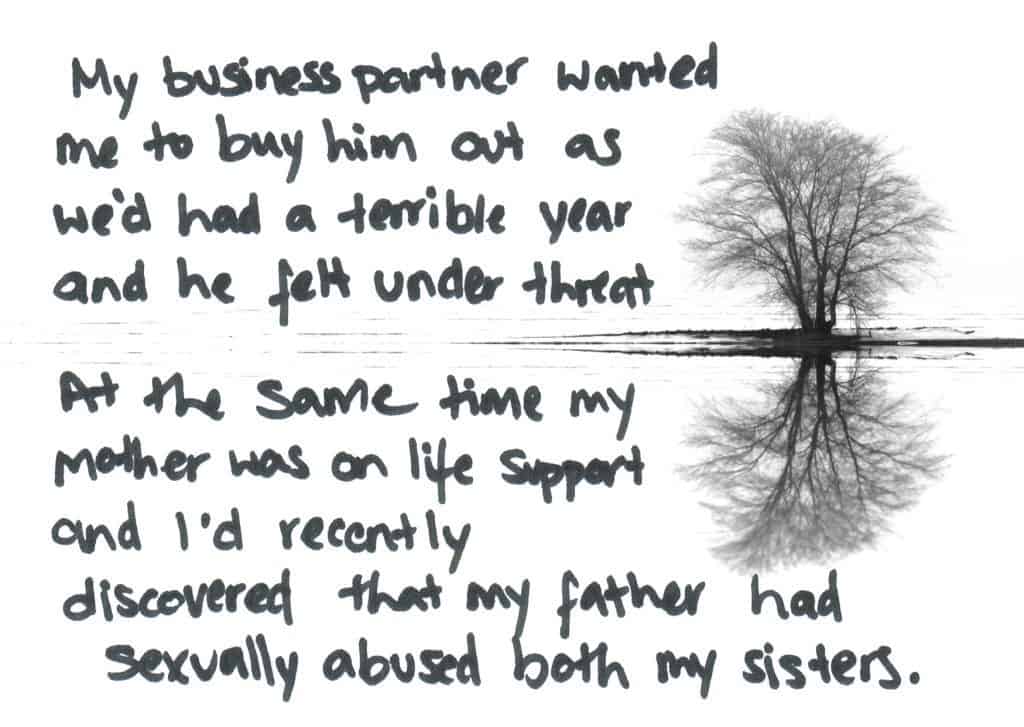Founders of some of the UK’s top high-growth businesses used World Mental Health Day to share the personal toll that building a successful company has had on their wellbeing.
Many have experienced isolation, betrayal, and emotional and mental scarring. Others have shared accounts of broken marriages, bankruptcy, mental breakdown and burnout while they have been growing their company.
The candid and honest disclosures form part of an in-depth qualitative and quantitative study by the 100 Stories of Growth campaign, which is gathering data and insights from 100 one-to-one interviews and surveys of more than 250 of the UK’s top entrepreneurs.
Often boasting 20% year-on-year staff and turnover increases, founders of SMEs are often celebrated as UK growth heroes.

However, according to the study, for more than half (53%), building their business has been one of the toughest times of their lives, and more than two-fifths (45%) felt under constant extreme pressure.
A quarter (25%) of the entrepreneurs questioned revealed that their mental or emotional health has been negatively affected but they’ve “suffered in silence”, while a fifth (22%) said they “felt like a burden” to their friends and family.
A smaller but not insignificant proportion (8%) have resorted to seeking medical advice due to the notable impact on their wellbeing.
The results led to 100 Stories of Growth launching its ‘Don’t Lose It’ initiative, encouraging all parts of the investment community to have a much-needed and transparent discussion about the pressures of building a high-growth business, and ask the wider investment industry – from angel investors to VC funds – to take responsibility for founder wellbeing and be more ‘mindful investors’.
Founders shared their preferences about what would have been helpful to them during their hardest times: simply knowing that others were going through the same experience, and being able to talk to them, came top (65%).
Remember, you are not alone. Retweet to say: It’s okay not to be okay @ItsOkaynottobe1 #ItsOkayNotToBeOkay #WorldMentalHealthDay pic.twitter.com/hJ4JB2fWrS
— WorldMentalHealthDay (@WMHDay) October 7, 2018
And to mark World Mental Health Day on 10 October, the campaign also released a series of powerful, honest and startling anecdotes about entrepreneurs’ real-life ‘darkest hours’ to demonstrate to the wider business community that mental health challenges are prevalent, founders are not alone, and to encourage more often-avoided conversations.
Guy Tolhurst, SME champion and founder of the 100 Stories of Growth campaign, said: “The reality of scaling a business in the UK can be exhilarating yet bleak at the same time.
“It’s a big dipper of high-octane peaks of self-belief, followed by plummeting drops to the depths of self-doubt. In the past, the runway to investment was much longer and founders experienced rollercoaster-like highs and lows before they even thought about taking on financial capital, which builds emotional resilience.
“Today, there’s more money sloshing around than ever before, just waiting to be ploughed into the next big idea, often run by entrepreneurs with little experience of the pressures ahead of them.
“Investors hand over a wad of cash and urge the founder not to lose it, but they should be advising the same with mental health in mind.”

More than a dozen public and private sector supporters are backing the 100 Stories of Growth campaign to help create improved outcomes for the UK’s high-potential, scale-up community.
Inspirational, moving and motivational stories are published on 100stories.co.uk offering a glimpse behind the often hidden journeys of high-growth businesses and providing an open resource for those interested in finding out what it takes to succeed as a company founder in the UK today.
Mr Tolhurst added: “The SME investment ecosystem needs to prioritise founder education and development about wellbeing and mental health.
“Meanwhile, founders need to have an honest think about when best to take on external capital, from whom and why; while weighing up the personal risk-reward equation.
“Not all capital is created equally and there’s more than simply financial capital to consider – emotional, intellectual and human capital all play a part in business and personal growth.”

The Don’t Lose It manifesto will comprise a list of actionable points the investment community can adopt to acknowledge their responsibility and make a positive difference to founder wellbeing – something that was mirrored by 26% of founders in the research who would like to see more support from the investment community.
Entrepreneur Michelle Morgan features in the 100 Stories of Growth campaign and is co-founder of six businesses, including Pjoys, a pyjama design company with a social remit.
She said: “I physically and mentally burnt out quite violently. As a founder of a business, everything was my responsibility. Weakness wasn’t an option. There’s an ingrained narrative around investment, scaling and growing which is exciting and alluring – you get sucked into pushing yourself harder and harder.
“I worked around the clock for 15 years, putting my leadership mask on became increasingly difficult and in the end I had to take time off and out.
“I couldn’t go on anymore. What I noticed was that it was easier to talk about my heavy periods, hysterectomy and the loss of my fertility with my team and investors than my poor mental health. That needs to change, we need to make mental health an everyday conversation.
“I shared my story with the 100 Stories of Growth campaign because we need to speak openly about the hidden toll growing a business takes in order to protect and empower others. Bringing founders together with investors to workshop a solution is an great idea and beneficial for the whole community.
“I’m glad to be part of a campaign trying to make a difference.”







